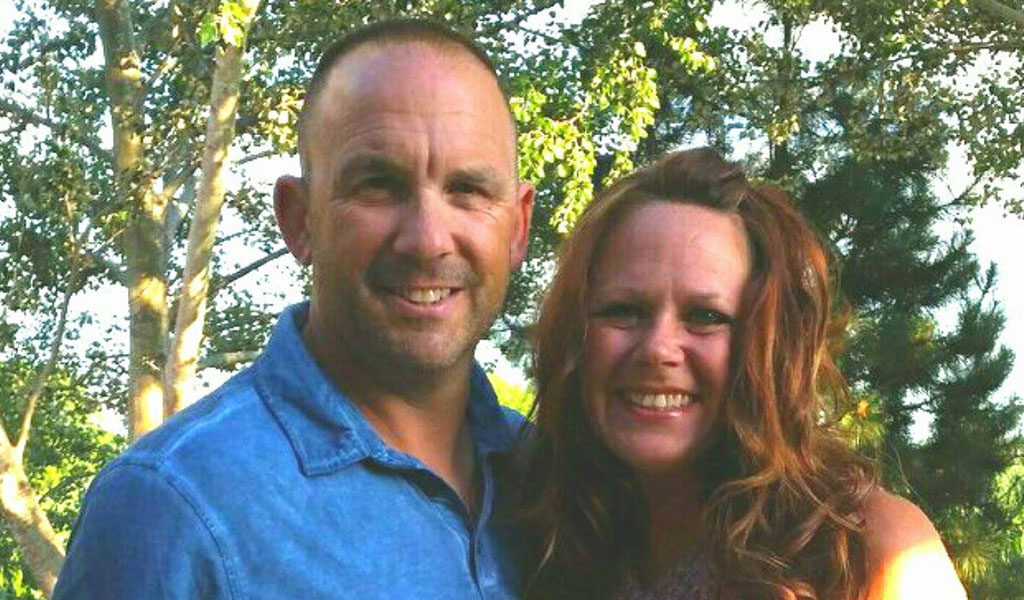
Honestly, sometimes you don’t know when you’re seeing bullying. Speaking from the educator standpoint, kids are sneaky. They know how to do just enough without getting caught. The kids that are getting bullied are typically too embarrassed to say anything to anyone. We find out through the grapevine this is happening, and then we have to question the student to find out the truth.
Sometimes to the passerby, bullying can look like two kids joking around; only one-sided. When bullying, names can be thrown, physical harm can be done, property damage can be done. It all depends on the bully.
What do you find the most effective way to approach a bullying situation?
I think it really depends on how well you know who you are dealing with. I have always had really good rapport with my students, so I have always been very straight forward with them. Whether I’ve spoken to the bully or the bullied, they’ve always reciprocated the straightforwardness and for the most part have been honest with us.
Do you think bullies can change?
Yes, I do.
How would you describe your community/school when it comes to its response to diverse identities of students?
Our school is very accepting of race, heritage and religious affiliation, but I think when it comes to the discussion of sexual identity the school community is more conservative.
The Tyler Clementi Foundation believes in starting on #Day1 to set a precedent that bullying is not tolerated. As a teacher, how do you establish an environment of respect for diversity? How do students respond?
Whether it be a diverse group or not, I have never looked at one group different from the other. There is one group, not separated groups. For both of us, our students are very close with us and they take these messages seriously.
Simply, for every action there is a reaction. You treat people the way you want to be treated.
 What kind of differences do you observe between the way students treat diversity in athletic environments/situations than a standard classroom?
What kind of differences do you observe between the way students treat diversity in athletic environments/situations than a standard classroom?
Race and gender are still sources of prejudice that we continue to see. Men are more apt to act out where women are more verbal. In sports, the race stereotypes are more about jealousy or fear of physiological development in the athletic environment. For example, the idea that African-Americans run faster. With an increasing rate of poverty, we are hearing more and more stereotypes like rich kids are better in sports or are smarter.
As a parent, what do you do to let your child (or children) know that it is ok to talk to you when they feel like they might be being bullied?
We just tell them straight up. There is no sugar coating!!
What steps would you take (or have you taken) once you hear from your child or another source that your child or another child might be being bullied?
Stand up for yourself, and stand up for each other. If you see it, take care of it. If it’s you, take care of it. Don’t be afraid to tell somebody. Don’t be afraid to fight back.
How would you say you stand up to bullying?
Remember the person that is bullying is in a very low place in their life. They are bullying to get pleasure out of something that is lacking in their life.
 Heather Christenson is the Adapted Living Special Education Teacher at Pontiac Township High School in addition to her roles as Color Guard Instructor and member of C.A.P.T.A.I.N.S. (Coaches and Parents Teaming Against Inappropriate and Negative Situations). She has degrees in Physical Education, Health, and English from Western Illinois University as well as a Masters of Special Education from the University of Phoenix.
Heather Christenson is the Adapted Living Special Education Teacher at Pontiac Township High School in addition to her roles as Color Guard Instructor and member of C.A.P.T.A.I.N.S. (Coaches and Parents Teaming Against Inappropriate and Negative Situations). She has degrees in Physical Education, Health, and English from Western Illinois University as well as a Masters of Special Education from the University of Phoenix.
 Corey Christenson is the Physical Education and Drivers Education Teacher at Pontiac Township High School. He is the Head Wrestling and Men’s Track and Field Coach as well as member of C.A.P.T.A.I.N.S. (Coaches and Parents Teaming Against Inappropriate and Negative Situations). He has degrees in Physical Education and Driver’s Education in addition to a Masters of Coaching Education from Ohio University.
Corey Christenson is the Physical Education and Drivers Education Teacher at Pontiac Township High School. He is the Head Wrestling and Men’s Track and Field Coach as well as member of C.A.P.T.A.I.N.S. (Coaches and Parents Teaming Against Inappropriate and Negative Situations). He has degrees in Physical Education and Driver’s Education in addition to a Masters of Coaching Education from Ohio University.
The views or experiences expressed are solely those of the contributor or interview subject and do not represent the views of the Tyler Clementi Foundation, its staff or board. If you have any questions or concerns regarding the material, please contact the Tyler Clementi Foundation, and we appreciate your support and commitment to end bullying starting on #Day1.
